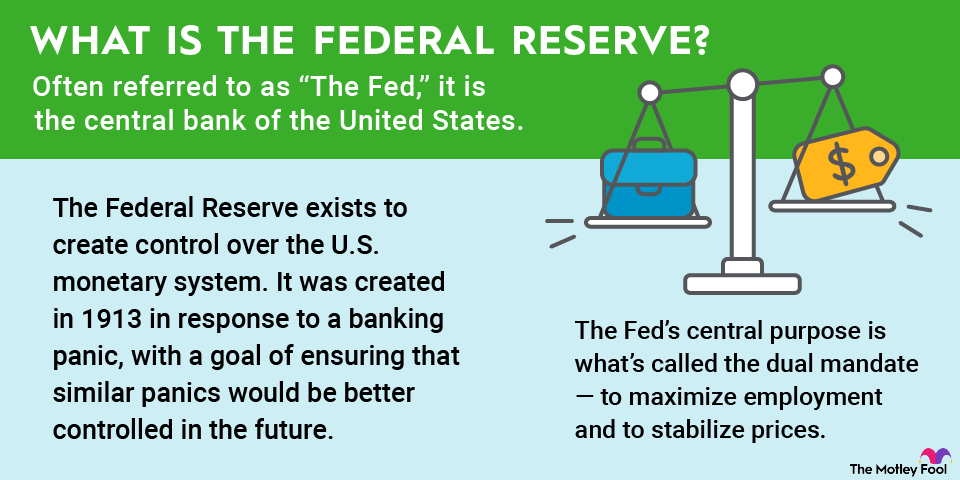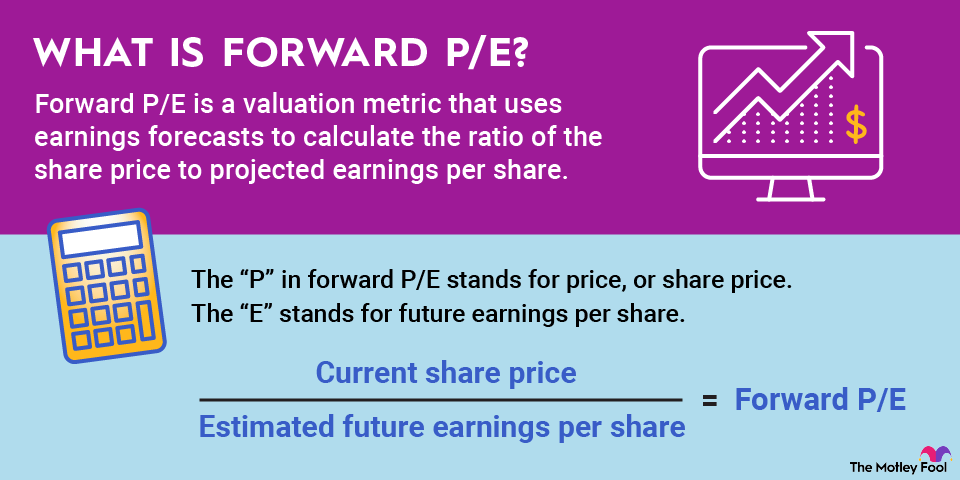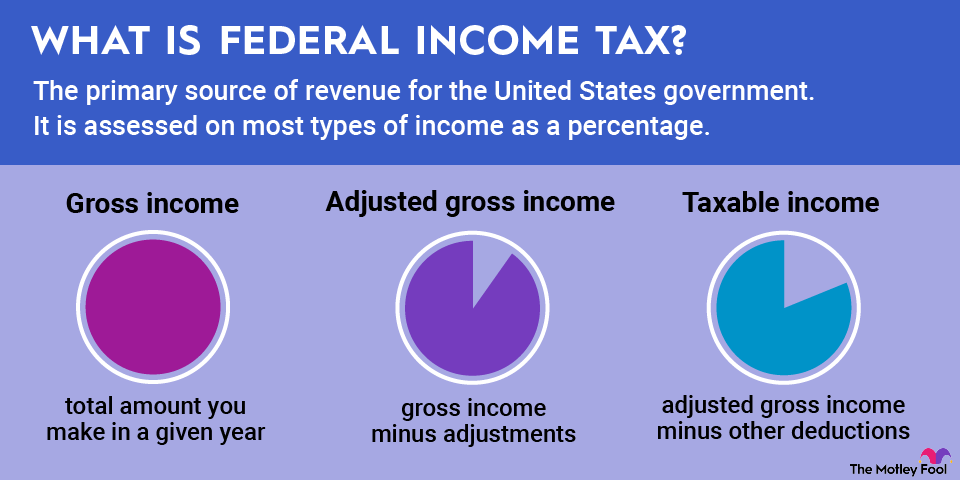Investing in mutual funds usually means getting a heavily diversified cross-section of the market or sector you want to invest in. That’s not always the case with a focused fund, though. Read on to learn how a focus fund works.

What is a focused fund?
A focused fund is a type of mutual fund that holds a very limited number of securities within it. Generally, focused funds only hold 20 to 30 different securities, though this number can vary quite a bit between mutual funds.
For example, a focused fund might be tightly focused on a specific sector of an industry rather than representing the entire industry and others related to it. The securities that are contained within a focused mutual fund are carefully researched in the hopes of creating a successful investment.
How is a focused fund different from a traditional mutual fund?
A focused fund operates just like a traditional mutual fund, with one difference: Traditional mutual funds generally contain 50 or more securities, often from a wide range of industries and companies, with the goal that the fund will be a reliable and steady earner.
Focused funds, on the other hand, have very few securities in them, sometimes as few as 20, making them highly dependent on each security within the fund performing well. Investment experts pick the securities with great care, but they still can't guarantee their performance. These funds tend to be more volatile than a more traditional mutual fund.
Benefits of a focused fund
Focused funds can be great for certain types of investors, especially if you want to invest in several companies without picking the actual investments. They also allow you to have more control over what you're investing in. For example, focused funds can ensure that you only invest in companies and industries that you believe in, such as renewable energy. A focused fund can also help you avoid investments that conflict with your personal values, such as tobacco or casino stocks.
They can also deliver significant gains if the fund is made up of the right kinds of securities. Because the securities within a focused fund are so limited, a couple of really successful investments within a focused fund, with others that perform more or less on track with the market, can show explosive growth. They're more likely to beat the market than a traditional mutual fund, which is designed to be a highly diversified investment by nature.
Related investing topics
Drawbacks of a focused fund
The strength of a focused fund is that it's so tightly focused that a single sector's wins can become massive gains for you. That's also its biggest weakness. When focused funds are winning, they're really winning -- but when they lose, well, it's definitely not a party. If you're invested in focused funds that are composed of a lot of tech startups, for example, and they start to crash, your investment may suddenly lose a lot of value.
Start-Up
The lack of diversification is the biggest problem with a focused fund. Although the idea is great when it's working, focused funds are extremely risky in general. Plus, you've still got to pay those mutual fund fees even when the fund is down. Although the people who build these funds are experts in their domain, even the experts are thrown by curveballs in the geopolitical climate, world economy, and other unforeseeable variables.



















